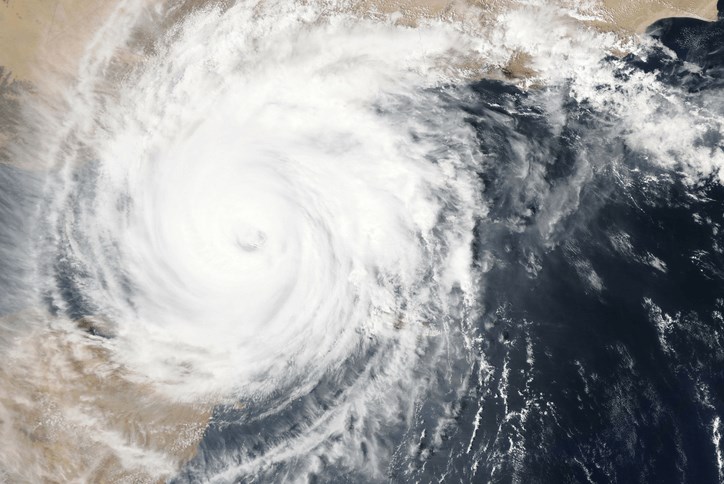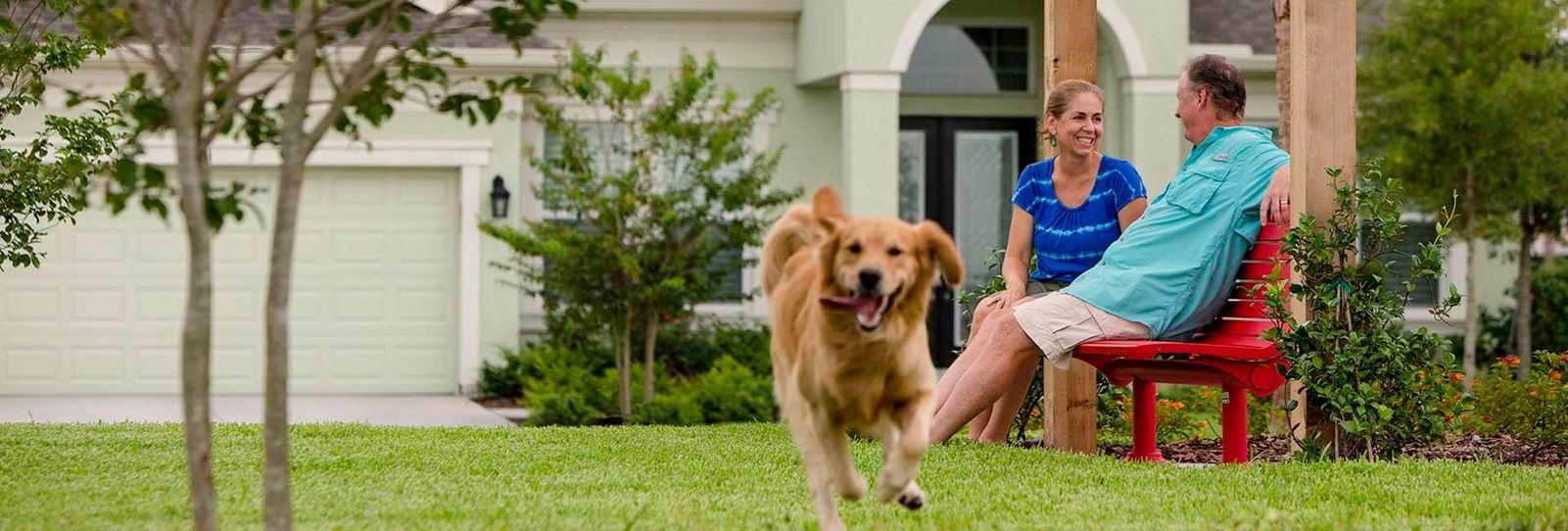
12 June . 2018
Top Tips for Hurricane Preparedness
Hurricane season officially runs from June 1 to November 30, with the peak occurring between mid-August and late October (although it seems the season started a little early this year). To help keep our community prepared, we’ve pulled together our top tips for hurricane safety.*
Make a Hurricane Plan
Before a hurricane is even forming, there are important steps you can take to be ready. Firstly, know your evacuation route. You should also prepare a disaster supply kit, including a flashlight, batteries, cash, first aid supplies, medications, and copies of your critical information if you need to evacuate. A battery-powered radio is helpful too so you can stay up-to-date in the event of a power outage. Finally, know the language. A hurricane watch means a storm is possible within 36-48 hours. A hurricane warning means hurricane conditions are expected within 24-36 hours.
Ready Your Car
Though you might not think of your car as needing to be prepared for a hurricane, in the event of an evacuation it is very important that your car be in good working order and filled up with gas - especially since the pumps might be overloaded as people evacuate. You can also stock your car with emergency supplies and a change of clothes.
Prepare Outside Your Home
Hurricane winds can cause trees and branches to fall, so before hurricane season trim or remove damaged trees and limbs to keep you and your property safe. Bring inside loose, lightweight items including outdoor furniture, and secure any items that would be unsafe to bring inside. Finally, cover all your windows.
Prepare Inside Your Home
Close storm shutters, and stay away from windows. Flying glass from broken windows could injure you. Turn your refrigerator or freezer to the coldest setting and open only when necessary. If you lose power, food will last longer. Keep a thermometer in the refrigerator to be able to check the food temperature when the power is restored. Turn on your TV/radio, or check your city/county website every 30 minutes in order to get the latest weather updates and emergency instructions.
Have a Plan For Pets
In the event of an emergency, it’s important to have a plan to keep all family members safe - including the four-legged ones. Prep a pet emergency kit with food and water, a safety harness and/or leash, waste clean-up supplies, a carrier, medications if needed, and perhaps a comfort item such as a blanket or favorite toy. Put all of these with you pet’s carrier or crate so they are ready to go.
*This article is intended as a guide to safety tips and should not be considered a thorough explanation of hurricane preparedness. Follow all safety rules and regulations set forth by officials in the event of a storm.

